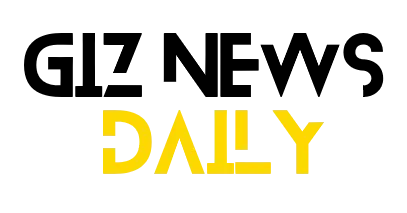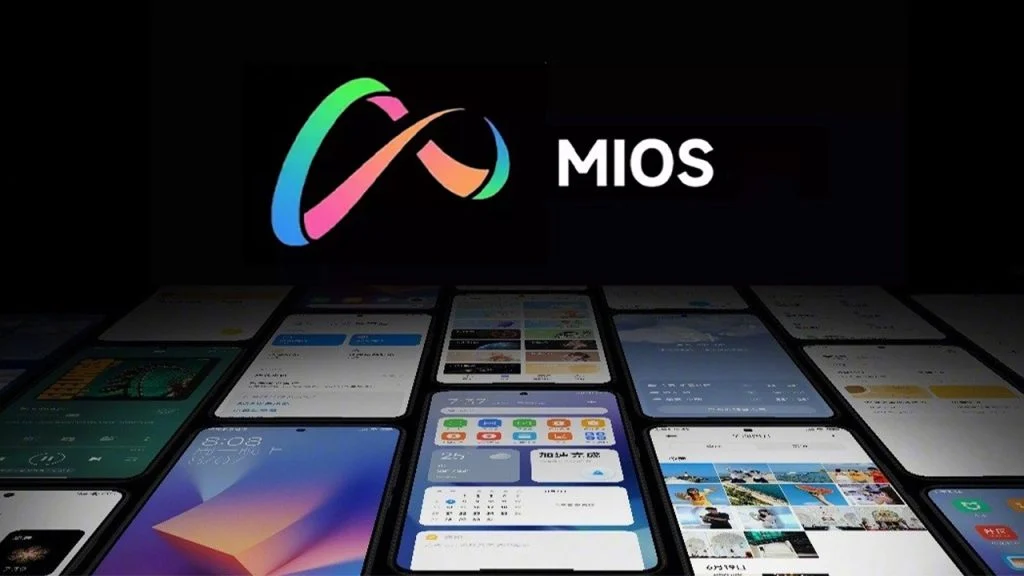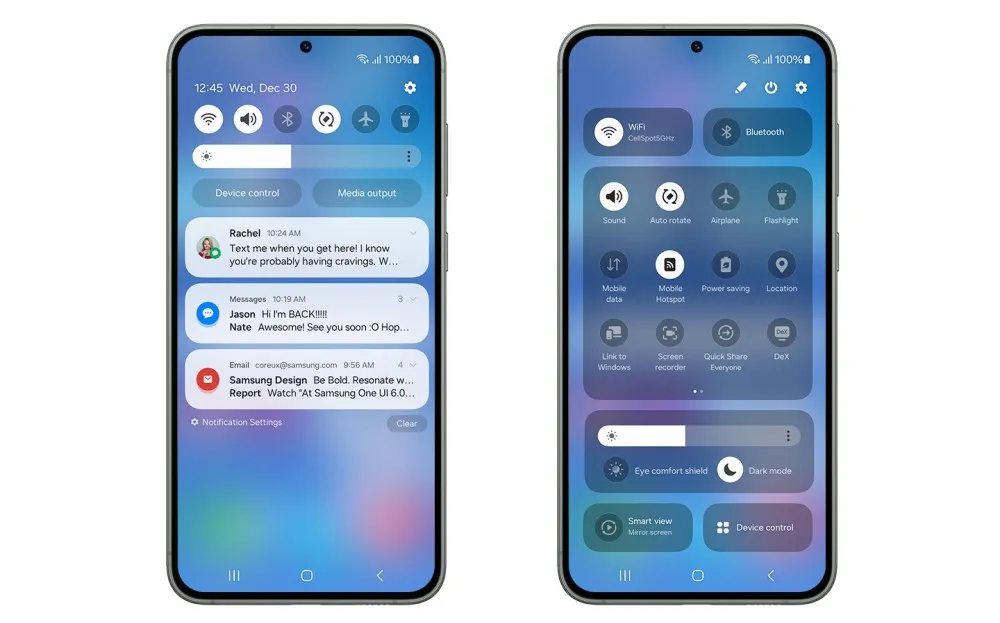A new player has entered the AI and chatbot arena, disrupting the scene with its innovative approach. Anthropic, an AI startup, has introduced its latest offering, the Claude 3 family, consisting of three large language models (LLMs) that claim to outperform Google's Gemini and OpenAI's ChatGPT across various benchmarks.
Claude 3: Three Variations
Anthropic's Claude 3 lineup comprises three distinct versions: Haiku, Sonnet, and Opus. Each variant brings a unique set of capabilities to the table, promising exceptional performance in areas such as multimodality, accuracy, context comprehension, and response speed. The new models also exhibit a greater willingness to tackle challenging queries, addressing a previous limitation of shying away from risky prompts.
Opus: The Star Performer
Among the trio, Opus stands out as the most powerful member, boasting "near-human levels of comprehension" for intricate tasks. Anthropic highlights Opus's prowess through tasks like the "Needle in a Haystack" evaluation, where it excelled in recalling information with remarkable accuracy. Opus showcases superior problem-solving skills, excelling in math challenges, code generation, and reasoning abilities compared to GPT-4.
Strengths and Weaknesses
While Claude 3 showcases improved accuracy, the issue of "hallucinations" - where incorrect information is generated - still lingers, albeit at a reduced frequency compared to previous versions. Opus, the flagship model, may experience some delays in responding to queries, similar to its predecessor Claude 2. However, Haiku and Sonnet each bring their own strengths to the table, catering to different user needs.
Currently, Sonnet and Opus are available for purchase, with a free version of Claude accessible on Anthropic's website. The launch date for Haiku remains undisclosed, but Anthropic assures its imminent release. Primarily targeting businesses looking to streamline workflows, Claude 3 models are likely to be integrated into online chatbot services.



